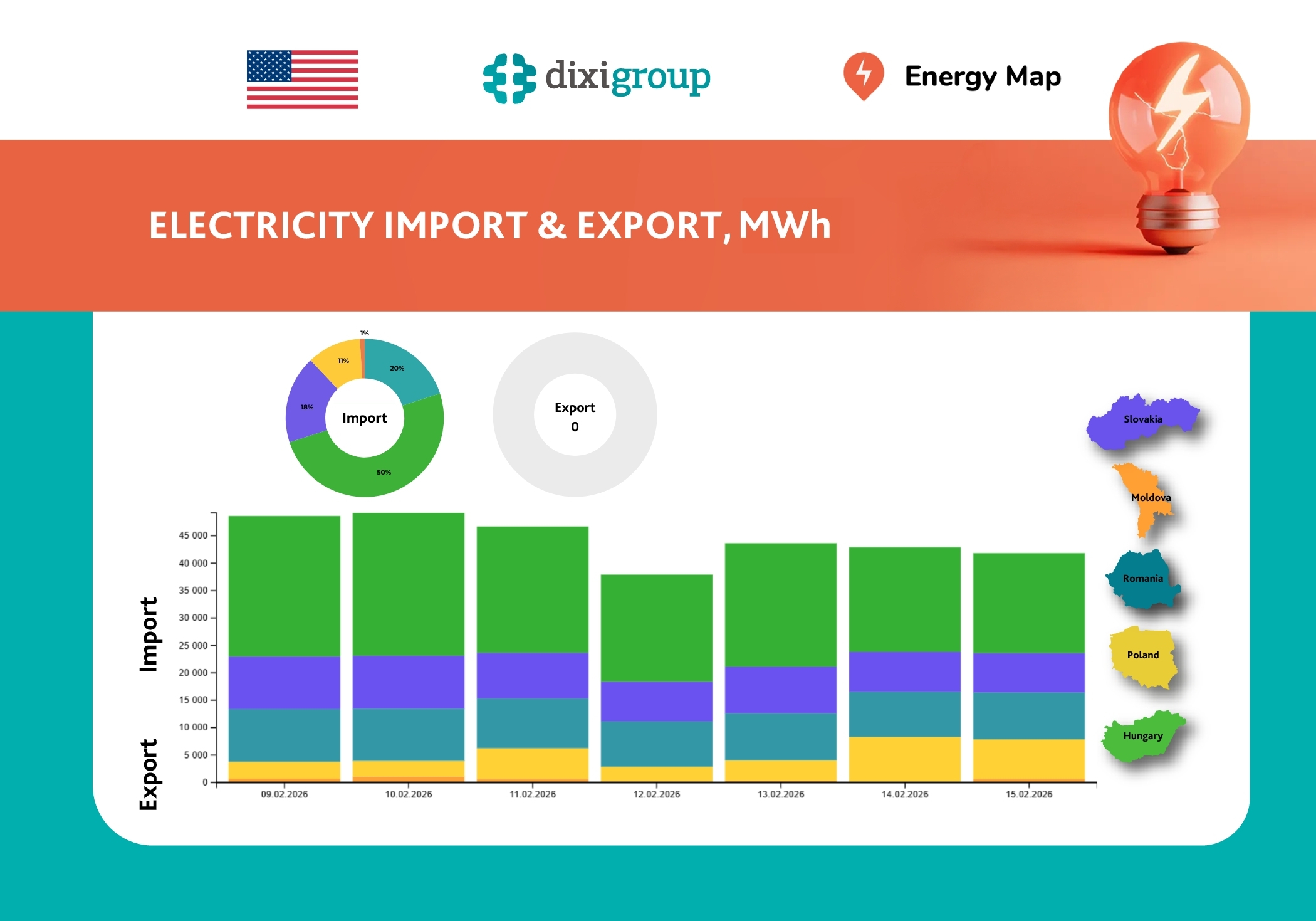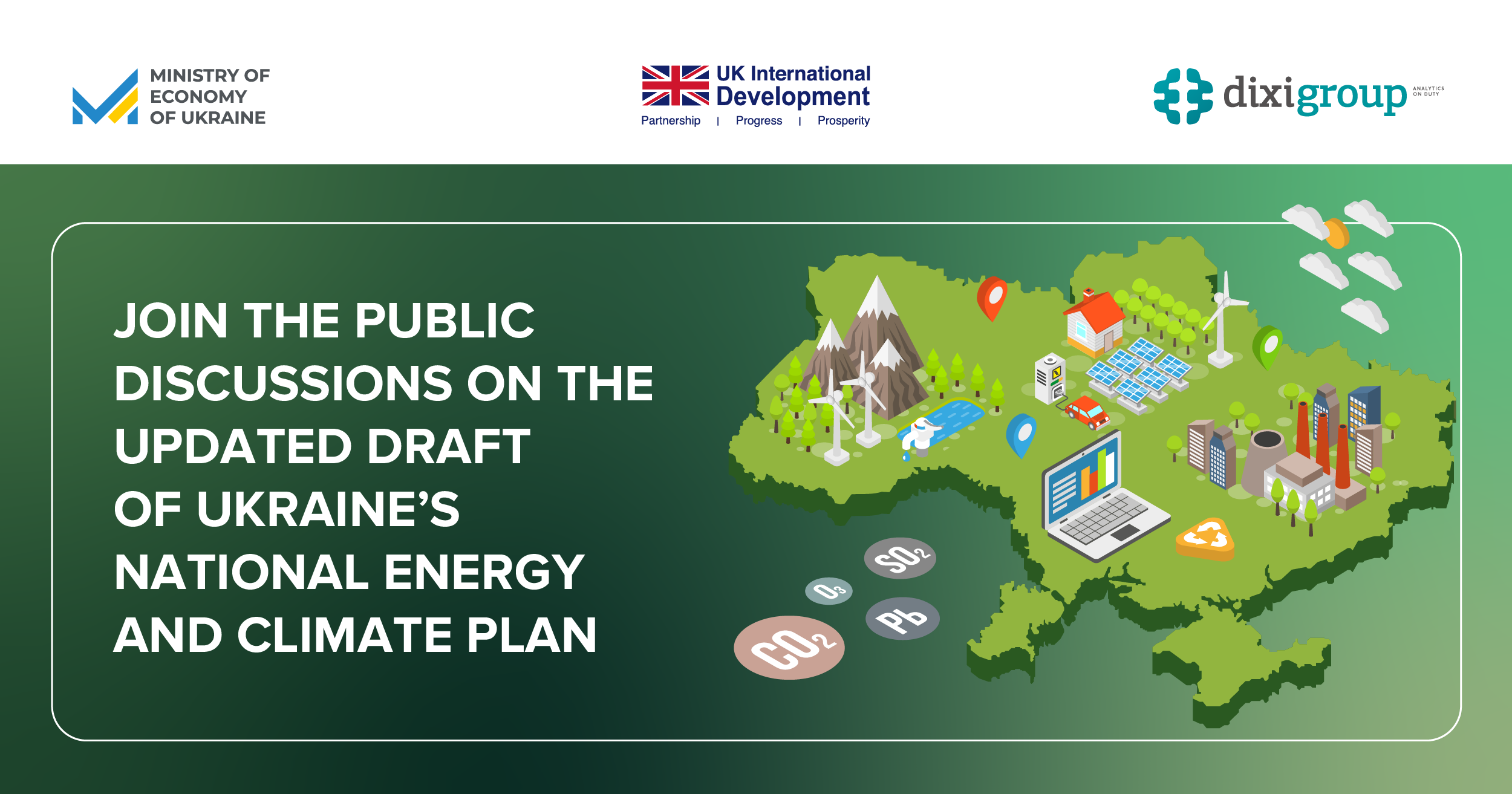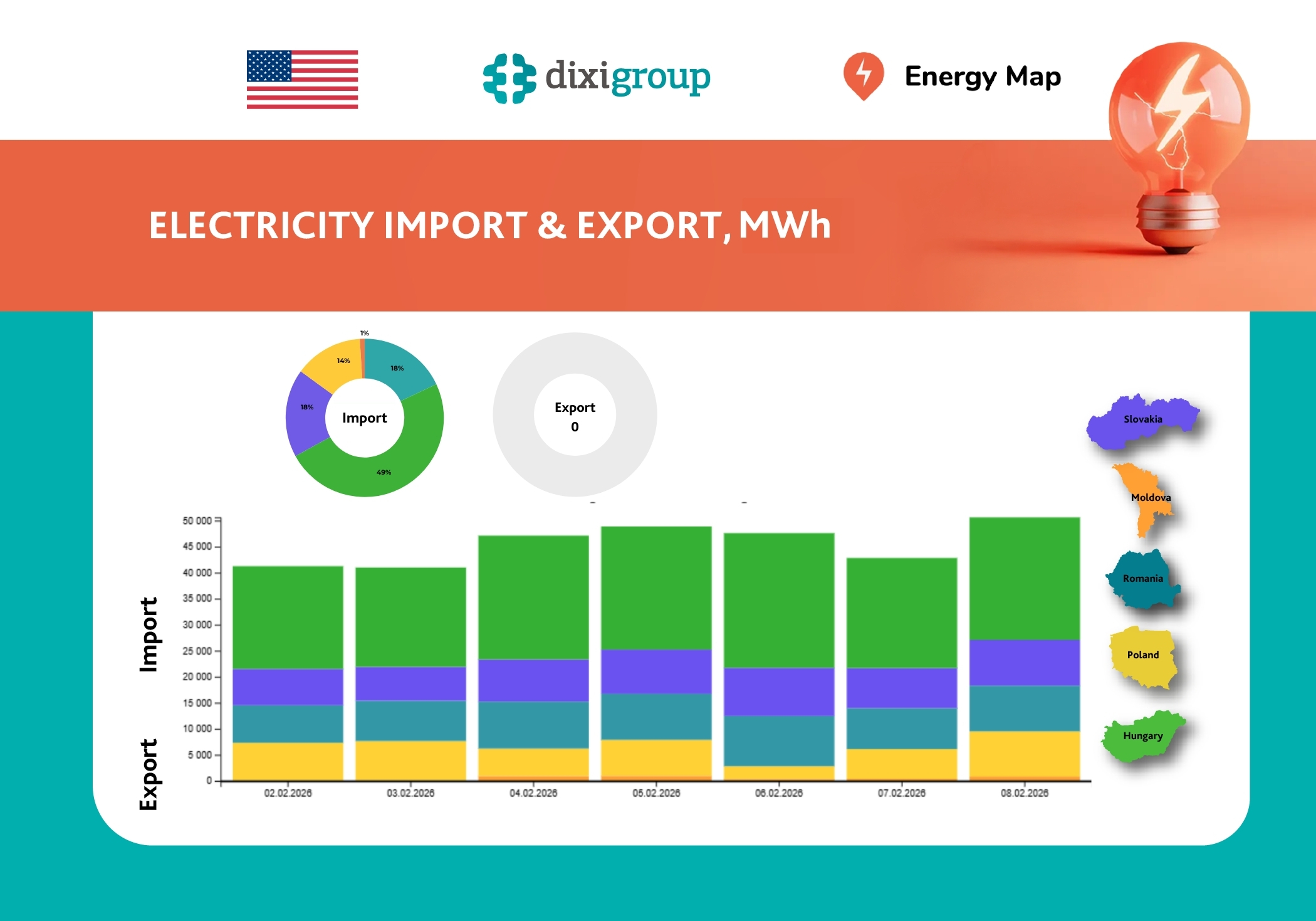The RRR4U Consortium presented its October monitoring report on the implementation of the IMF programme and Ukraine’s Plan under the Ukraine Facility. The event focused on the topic “De-shadowing the economy: a challenge and an opportunity for Ukraine”.
The event was attended by representatives of government agencies, international financial organisations and the business community. The discussion was moderated by Yuriy Romashko, Executive Director of the IAA.

Status of international commitments: risk of loss exceeds €5 billion
Monitoring participants noted that although Ukraine has reached a ‘historic high’ of eight reviews of the current IMF programme, the implementation of some structural benchmarks, whose deadlines have already passed, is at risk. It should also be noted that the ninth review of the programme is due to take place in the next two months. Roman Nitsovich, research director at DiXi Group, reported that as of the end of September, only three milestones had been met on time, two were delayed, and three remained unfulfilled, in particular due to the lack of consensus in parliament.

The situation with Ukraine’s Plan within the Ukraine Facility is even more worrying. CES economist Maxim Samoilyuk stressed that unfulfilled commitments have already jeopardised significant amounts of funding.
He explained that these funds are critical because they ‘are used to finance all of the state’s most important social expenditures, which allows us to fully finance our defence.’ Overall, due to the failure to meet the indicators for the first three quarters of 2025 and the risk of losing funds for the fourth quarter, the country risks losing more than €5 billion in international funding.



This amount is the cumulative risk, which consists of:
- €3 billion in lost revenue for unmet indicators for the first to third quarters of 2025.
- The risk of losing another €2.2 billion for fourth quarter indicators (which must be met by the end of 2025).
De-shadowing: a comprehensive approach to defence and recovery
The topic of de-shadowing became central to the expert discussion. Oleksandra Betliy, a leading researcher at the EDI, noted that de-shadowing is not only about the fiscal sector, but also about ensuring a level playing field for business and, most importantly, about the state’s defence capability.
“Successful de-shadowing requires a comprehensive approach to reform. It is not only about customs and taxation, but also police reform, judicial reform, reform of the Security Service of Ukraine, reform of the State Bureau of Investigations, and changes to the powers of the Security Service of Ukraine. We need to understand what our ecosystem is like now in order to change it, and where we want to go so that the authorities that will be working can ensure a better investment climate in Ukraine. We need a good investment climate so that private capital can invest in the reconstruction and development of Ukraine,” emphasised Oleksandra Betliy.



Why is de-shadowing beneficial for business?
The participants in the discussion agreed that successful de-shadowing requires a comprehensive approach. Danylo Getmantsev, Chairman of the Verkhovna Rada Committee on Finance, Tax and Customs Policy, emphasised the importance of changing public attitudes towards tax payment:
“The biggest beneficiary of de-shadowing is not the state. That is a myth. The biggest beneficiary of de-shadowing is business. No economy can develop if there are two parallel realities – shadow and non-shadow. Taxes are not something that the state requires of us, they are a duty,” said Danylo Getmantsev, calling for a change in the mentality of both businesses and citizens.
The main goal of these efforts, as noted by Kateryna Glazkova, executive director of the Ukrainian Entrepreneurs Union, is to create conditions under which ‘the moment will finally come in Ukraine when being transparent and white is cheaper, more profitable and safer than working in the black.’



Strategy and international experience
Deputy Minister of Economy Daria Marchak said that the Ministry is actively working on developing a comprehensive vision and roadmap for expanding the tax base and reducing the shadow economy, in particular in cooperation with the World Bank.
“The strategy for reducing the shadow economy should be based on several important principles. One very important principle is digitalisation, which should take place in terms of exchanges between different registers and the development of models that will allow us to respond more quickly to reductions in employment. We are currently in the early stages, but I hope that together with the World Bank team, we will be able to form a comprehensive vision over the next few months,” said Daria Marchak.



World Bank Chief Economist Yu Man Lee emphasised the importance of differentiated approaches:
“If you look at the causes of the shadow economy in different countries, there are, of course, many similarities. We can use the social system to encourage formal employment by making social programmes accessible only to those who are formally employed. It is also important to strike a balance between the stick and the carrot. When you design this programme, you have to think in terms of segments and differentiate between different strategies for firms, because the characteristics of a particular firm matter.”
Impact on honest business
However, business is currently facing serious challenges. Business Ombudsman Roman Vashchuk drew attention to the fact that the state’s efforts to combat the shadow economy often cause ‘collateral damage’ to law-abiding entrepreneurs. He noted that, unfortunately, even at the highest levels of law enforcement, there is still a misperception of business, with all entrepreneurs being considered ‘crooks,’ which makes it impossible to effectively distinguish those who work honestly.



Experts have concluded that overcoming the shadow economy, which according to various estimates accounts for between 30 and 50 per cent of GDP, requires not only fiscal reform, but also political will and reform of law enforcement agencies and the judicial system to ensure that punishment is inevitable.
More details here.
You can view the recording of the presentation at the following link – https://www.youtube.com/watch?v=KtVqSQ-n0qE&t=5831s.
Previous monitoring reports can be viewed on the website: RRR4U.
The preparation of the monitoring and the event took place with the support of the International Renaissance Foundation.
RRR4U (Resilience, Reconstruction and Relief for Ukraine) is a consortium of four Ukrainian civil society organisations: the Centre for Economic Strategy, the Institute for Economic Research and Policy Consulting, the Institute for Analytics and Advocacy, and DiXi Group.






